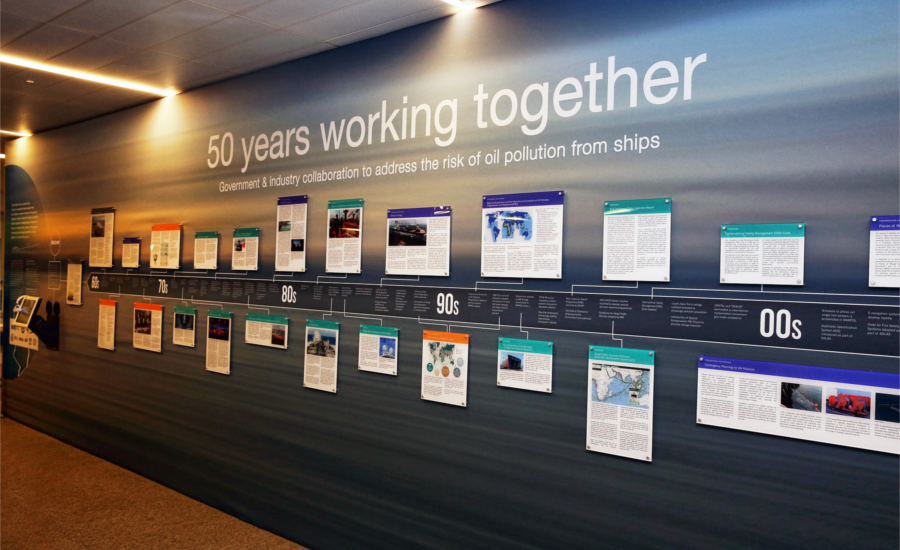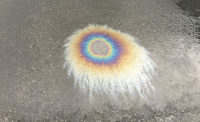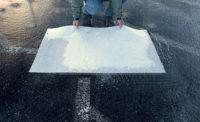In 1967, the grounding of the Torrey Canyon focused the world's attention on the risks and environmental impact of major marine oil spills. According to IPIECA -- the global oil and gas industry association for environmental and social issues -- the incident became a catalyst for positive change throughout the industry, ushering in new regulations, safer shipping practices, improved preparedness and response and adequate compensation.
IPIECA says it has been working for 30 years to harness the oil and gas industry’s collective expertise and technology on oil spill preparedness and response.
A new exhibition explores the partnership between government and industry over the past 50 years – a partnership formed to reduce and respond to major oil spills from ships. The exhibit was produced through a collaboration between the IPIECA, the International Maritime Organization (IMO), International Oil Pollution Compensation Funds, International Tanker Owners Pollution Federation and other industry organizations,
The exhibition showcases significant milestones over the past fifty years and highlights IPIECA’s long standing partnership with the IMO through the Global Initiative, which brings together industry and governments to enhance oil spill preparedness and response. Also part of the display: the IPIECA-IOGP Oil Spill Response Joint Industry Project (OSR-JIP).
The exhibition entitled ‘50 years working together: Government and industry collaboration to address the risk of oil pollution from ships’ was launched at the meeting of the IMO Sub-Committee on Pollution Prevention and Response at the IMO building in London on 16 January 2017 and will remain on display at IMO until July 7, 2017.
For more information on IPIECA’s work on oil spill response and preparedness, visit the webpage.



